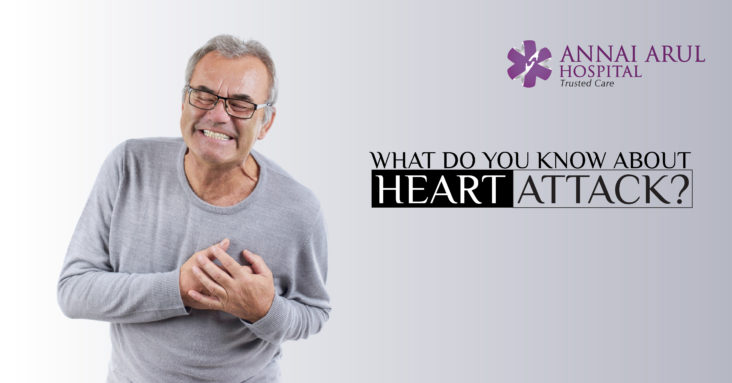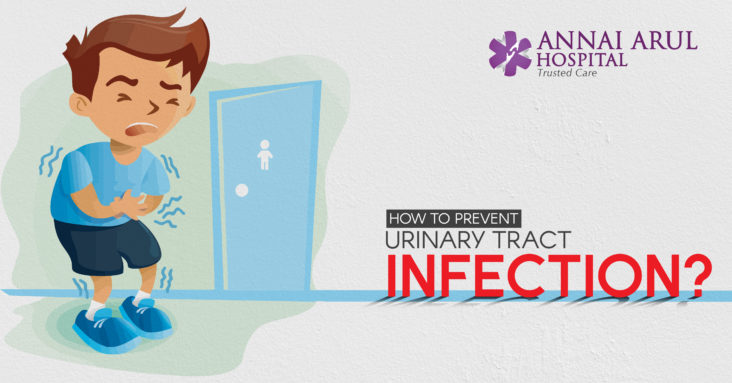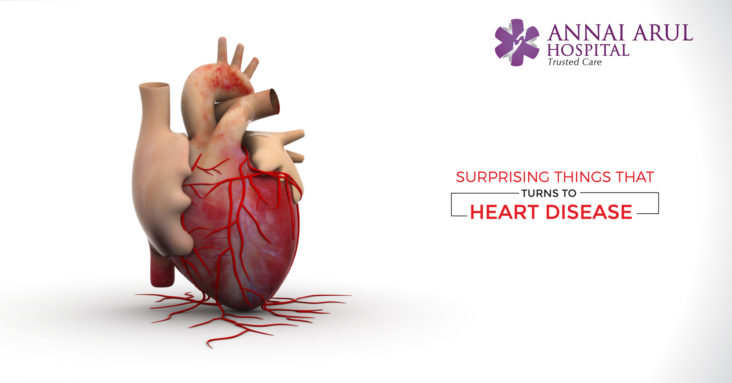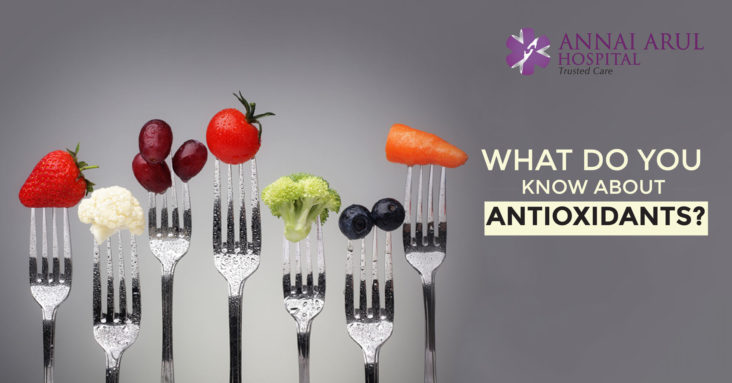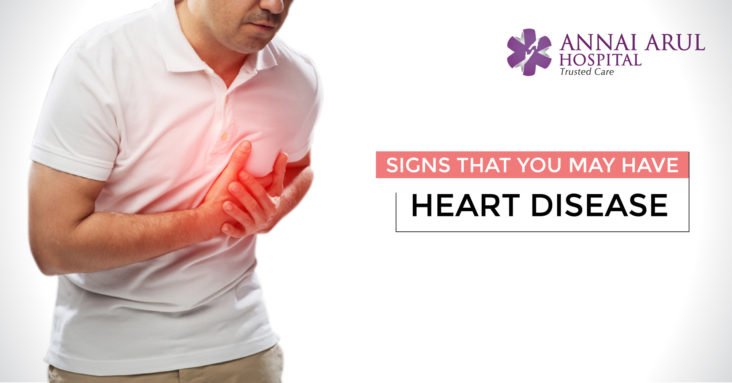When there is a lack of blood supply to the heart, the heart muscle doesn’t get enough oxygen. Without oxygen the heart cells get damaged or die. This ultimately affects the functioning of the heart and leads to a heart attack.
The best way to recover is to get the blood flow restored as quickly as possible. The right medical help at the right time can saves lives.
What causes heart attack?
Over a period of time, cholesterol and fatty material known as plaque build up on the walls inside the blood vessels. They also occur in the blood vessels that takes blood to the heart, that is the arteries. These plaque prevents the free flow of blood to the heart. When a piece of plaque dislodges from the artery wall it breaks off and a blood clot forms around the plaque blocking the flow of blood in the artery. So the heart does not receive enough of blood and this causes the heart attack.
What are the symptoms?
The symptoms of a heart attack may include pain, pressure or discomfort in the chest. You will feel short of breath, sweat, faint or feel sick. At the same time your neck, jaw or shoulder might hurt.
People are more likely to break out in a cold sweat and feel the pain along the left arm. People will have back or neck pain, heartburn and shortness in breath. They may also have an upset stomach. The symptoms are so mild that there is a danger of ignoring it as something else.
What should be done?
When someone suspects a heart attack it is best to call for medical help. The patient is more likely to survive if they get treated within 90 minutes. While waiting for medical help to arrive the person can chew an aspirin to prevent blood clot. If the patient is unconscious then hand CPR can double their chances of survival.
How is heart attack diagnosed?
The first thing a doctor will do to diagnose a heart attack is ask the patient to undergo a EKG, which checks the electrical activity of the heart. It shows if the patient is having a heart attack. The next step is to undergo a blood test that looks for proteins that heart cells release when they die.
What is the treatment?
Doctors will immediately administer drugs that help to dissolve the blood clots and get the blood flowing to your heart. Then in all likely hood the patient will be subjected to a coronary angiogram.
Angioplasty – A small thin tube with a tiny balloon at the end is inserted into the artery through a minimally invasive procedure. The balloon helps flatten the plaque against the wall of the artery and then the balloon is extracted while it leaves behind a mesh called stent to keep the artery open.
Risks of heart attack
Age, habits like smoking and a family history of heart attack can be the risk factors. Having high blood pressure, diabetes, high cholesterol, stress, lack of exercise and being obese are other risk elements.
How to prevent it?
Quit smoking, have regular exercise, eat lot of fruits to keep arteries clear and take preventive medicines if required as prescribed by the doctor.


